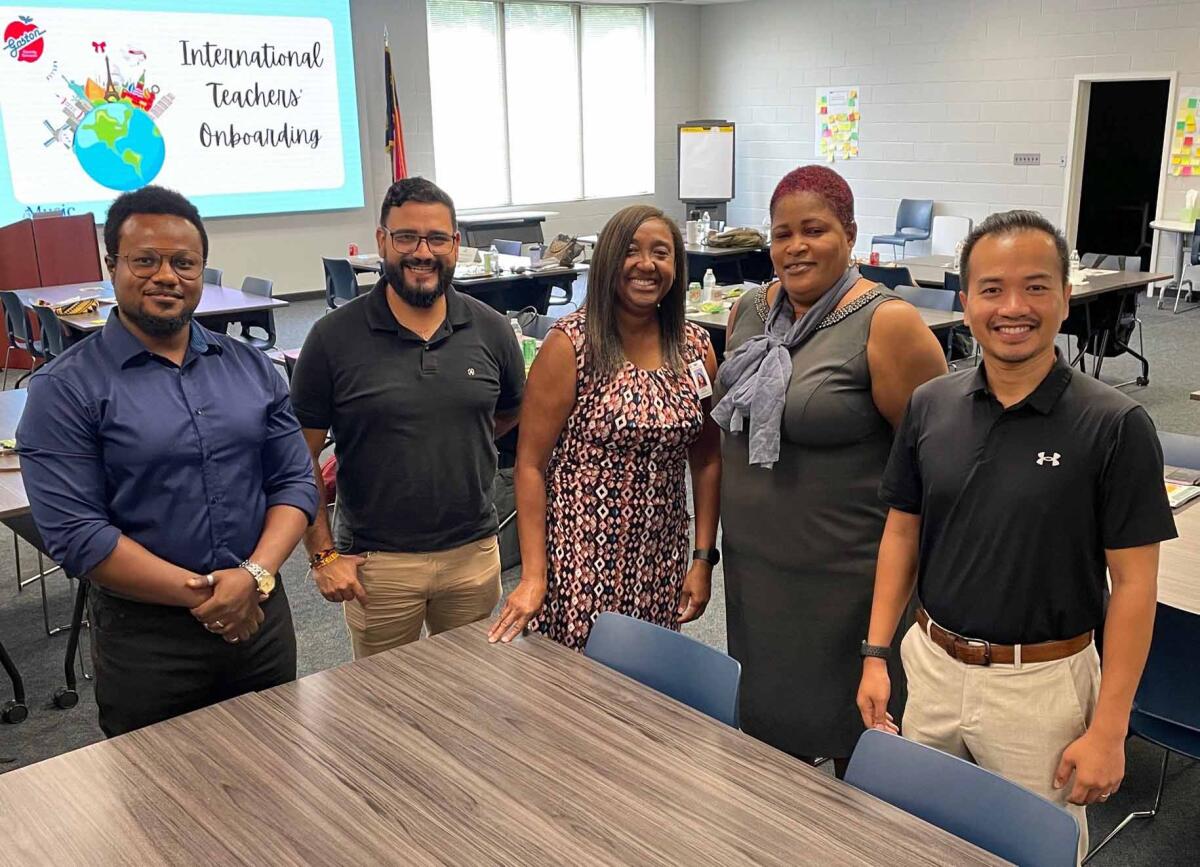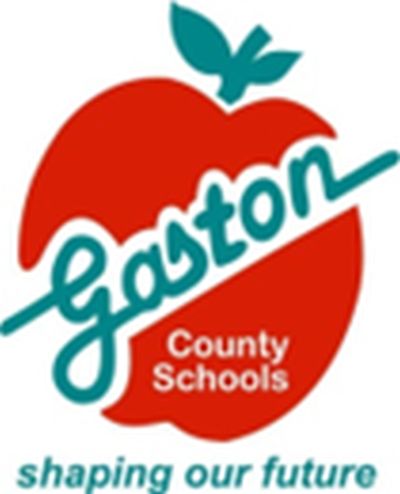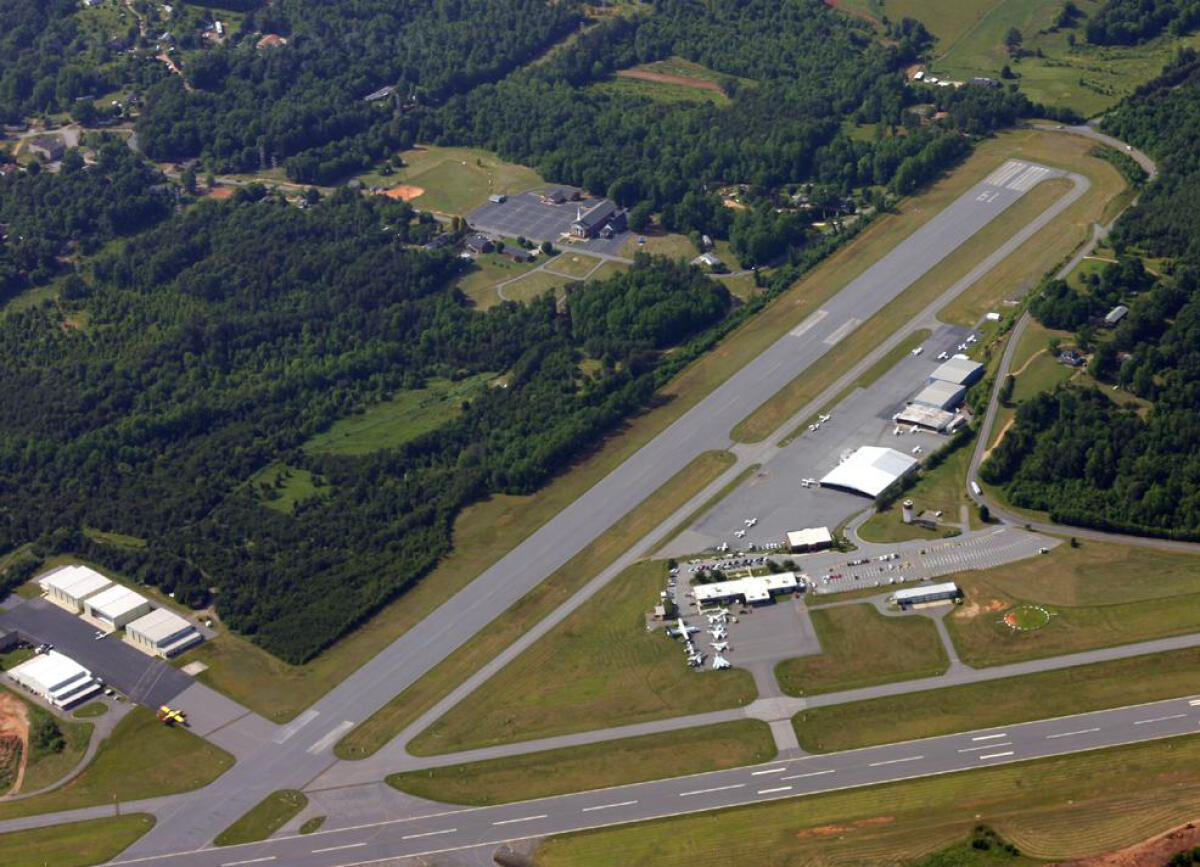- Thursday, 22 January 2026
- Have a HOT TIP? Call 704-276-6587 or E-mail us At LH@LincolnHerald.com
International Teachers Bring Experience & Culture To Gaston County Classrooms
150 international teachers in the district’s classrooms

(Photo Courtesy Gaston County Schools)
Karen Archer still remembers her first day of teaching science and math at Bessemer City Middle School. It was August 2003, and she was more than 1,200 miles from her home in Jamaica. Archer joined Gaston County Schools as a member of the school district’s visiting international faculty, and looking back on it, Archer says choosing to teach here changed her life.
Fast forward to today. Archer has been in the United States for two decades; it has become a home for her and her family (her children graduated from Gaston County Schools), and she continues to contribute to the American education system.
Archer, who also has experience working in middle school curriculum at the central office level, is the new teacher support facilitator for Gaston County Schools, working in a professional development role to support international faculty. She’s the ideal person to interact with, assist, and guide the 150 international teachers in the district’s classrooms – 45 of them are new to Gaston County this school year.
Like Archer, Selma Patterson-Khani is from Jamaica, and she teaches physical science and biology at Bessemer City High School. She’s been in the education profession for 19 years, working both as a teacher and principal.
“It has been my passion to teach in the United States,” said Patterson-Khani. “I am really excited because I want to share my love for teaching with students here.”
According to Archer, Gaston County Schools works with EPI (Educational Partners International) and Participate Learning to hire international teachers. The teachers can work in the United States for three years and apply for an additional two years. They can teach again in the United States once they return to their country for a year.
Romnick Alinzuas from the Philippines first worked in Gaston County Schools from 2016 until 2022 as a middle school science teacher; he is back this year to teach math at North Gaston High School.
“My first year was very challenging being here in a new country, but I got the support I needed and had tremendous success in Gaston County Schools,” said Alinzuas, who believes his work as an international teacher has contributed to his professional growth and also given him the opportunity to travel the United States.
Oscar Pavia has worked in Colombia as a high school and college English teacher since 2011. He’s teaching Spanish at Forestview High School and feels like the experience will help him become an even better teacher and person.
“I have wanted to teach here, and I am excited about it,” he said. “Everything is new, but I am living my dream.”
Emmanuel Andrews spent 13 years teaching in Ghana. He’s here as a math teacher at Hunter Huss High School and is enjoying meeting new people, seeing new places, and learning about the American education system.
Archer said using technology in the classroom, following a grading system, and learning acronyms often used in education are some of the most significant differences that international teachers encounter. They also have to adjust to the classroom being a student-centered environment where students are encouraged to share their thoughts, engage in discussions, and work collaboratively. It is different from the traditional “sit and get” approach to teaching and learning where the teacher is the one who does the talking, and the students sit quietly and listen to what is being taught.
Not only do the international teachers experience what it is like to teach in the American classroom, according to Archer, they are able to introduce their students to their country. Sharing about customs and cultures in Jamaica, Ghana, Colombia, and the Philippines, for example, contributes to students learning about other people, places, and ways of life.
“Our international teachers want to build positive relationships with students, and they want to be a part of a community for learning where there is a focus on respect, learning, and culture,” added Archer. “They want students to be good global citizens, and they want students to make connections in a global society.”

 Todd Hagans, Chief Communications Officer, Gaston County Schools
Todd Hagans, Chief Communications Officer, Gaston County Schools












